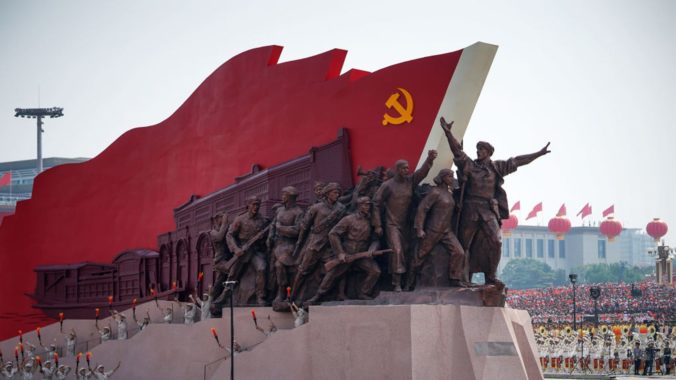Just about everyone who tries to explain Kamala Harris’s loss loves talking about the working class. They point to Harris’s loss of the working-class vote as a starting point. And then they explain the decline of the Democratic Party’s electoral fortunes as a decline in their support among workers in states like Michigan, Nevada, Pennsylvania, and Wisconsin.
Of course, they draw very different conclusions from this starting point.
Bernie Sanders, for instance, explained Harris’s loss as a loss of support among black and Latino working-class voters. Others, more friendly to the professional classes, thought Harris alienated working-class voters by running too far to the left on social issues. But they shared a focus on loss of working-class votes in swing states.
At one level, that’s a fair enough starting point. Harris did lose the aforementioned states after Biden won them in 2020.
But the politicians and pundits glide through these debates without justifying how they define the term ‘working class.’ And it’s no mere academic debate.
How you define the word matters. A lot. Competing definitions put entirely different groups of people into the ‘working class.’ They thereby recommend very different strategies and tactics for bringing them back into the fold.



